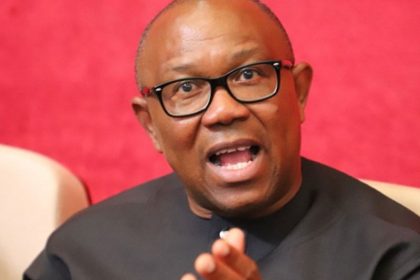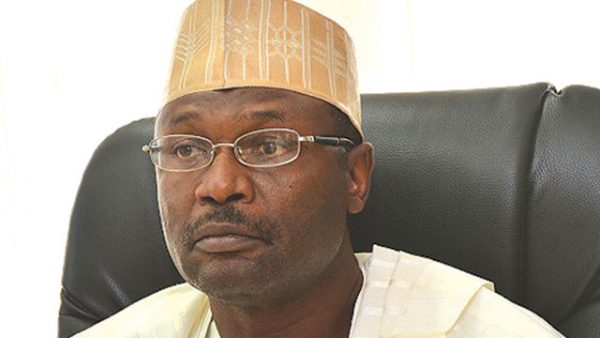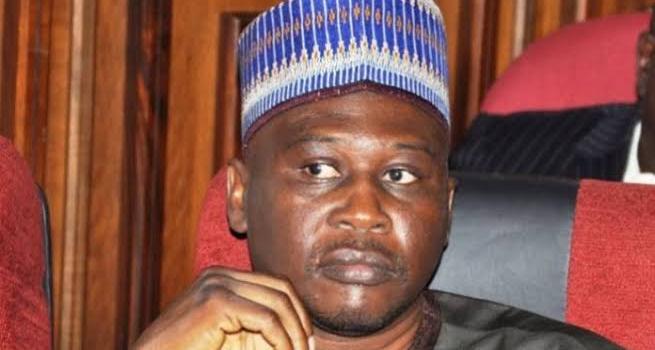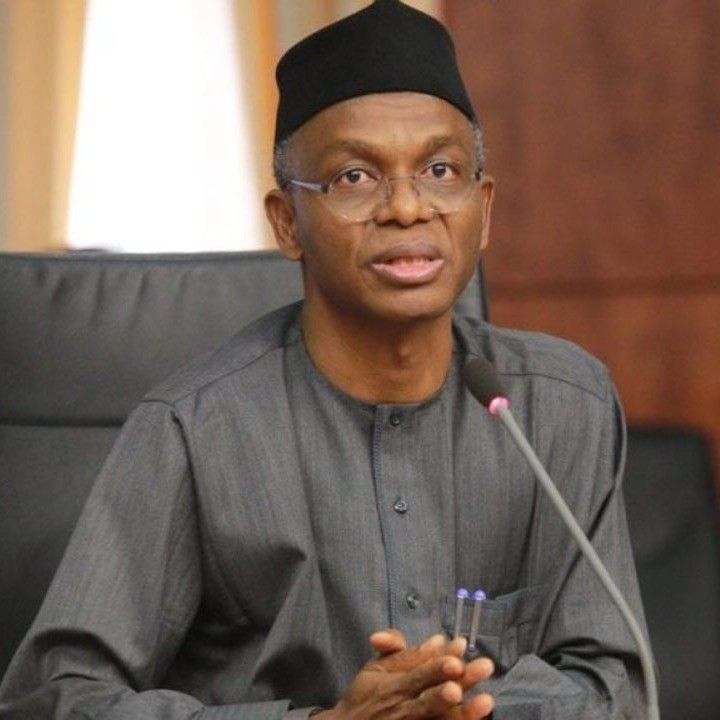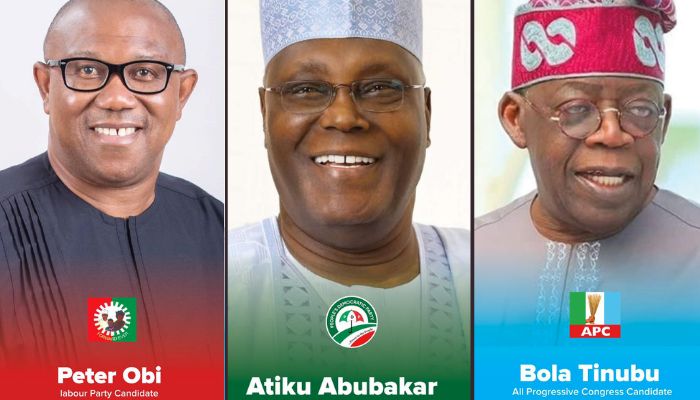Obi is asking for documents we don’t have – INEC
Obi is asking for documents we don't have - INEC
INEC to court: Presidential election results refused to upload
INEC to court: Presidential election results refused to upload
Obi vs Tinubu: INEC kicks as Tribunal accepts Peter Obi’s evidence from Lagos, Oyo
Obi vs Tinubu: INEC kicks as Tribunal accepts Peter Obi's evidence from…
Voter Register clean-up: INEC expects resolution from House of Reps
Voter Register clean-up: INEC expects resolution from House of Reps
Drama in Adamawa as INEC rejects REC’s declaration of Binani as governorship winner
Drama in Adamawa as INEC rejects REC's declaration of Binani as governorship…
INEC declares APC candidate winner of Kudan Assembly seat in Kaduna
INEC declares APC candidate winner of Kudan Assembly seat in Kaduna
Tinubu sues for peaceful, non-violent supplementary election
Tinubu sues for peaceful, non-violent supplementary election
ANALYSIS OF THE 2023 ELECTION BY PROF. M. JEGA (former Chairman INEC)
ANALYSIS OF THE 2023 ELECTION BY PROF. M. JEGA (former Chairman INEC)
Why we can’t declare Atiku winner of presidential election – INEC
Why we can't declare Atiku winner of presidential election - INEC
INEC explains why it is not compulsory or Tinubu to get 25% votes in Abuja
INEC explains why it is not compulsory or Tinubu to get 25%…

